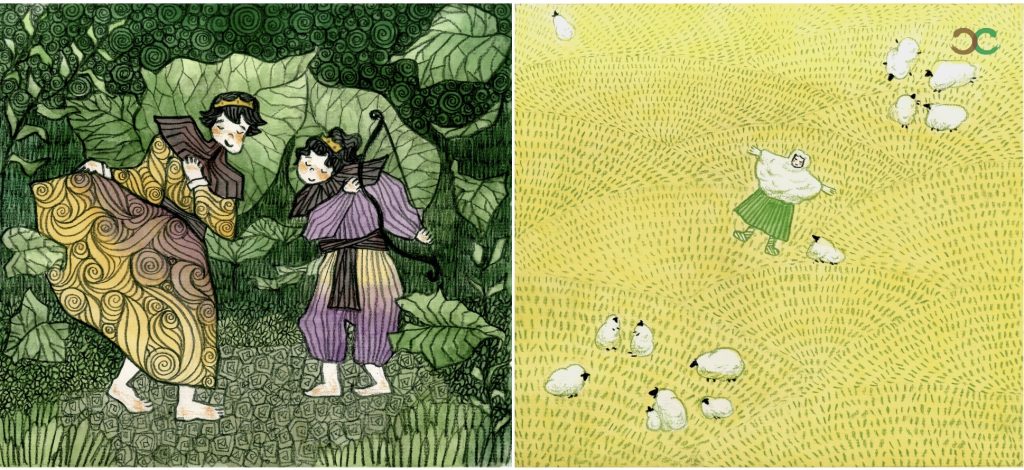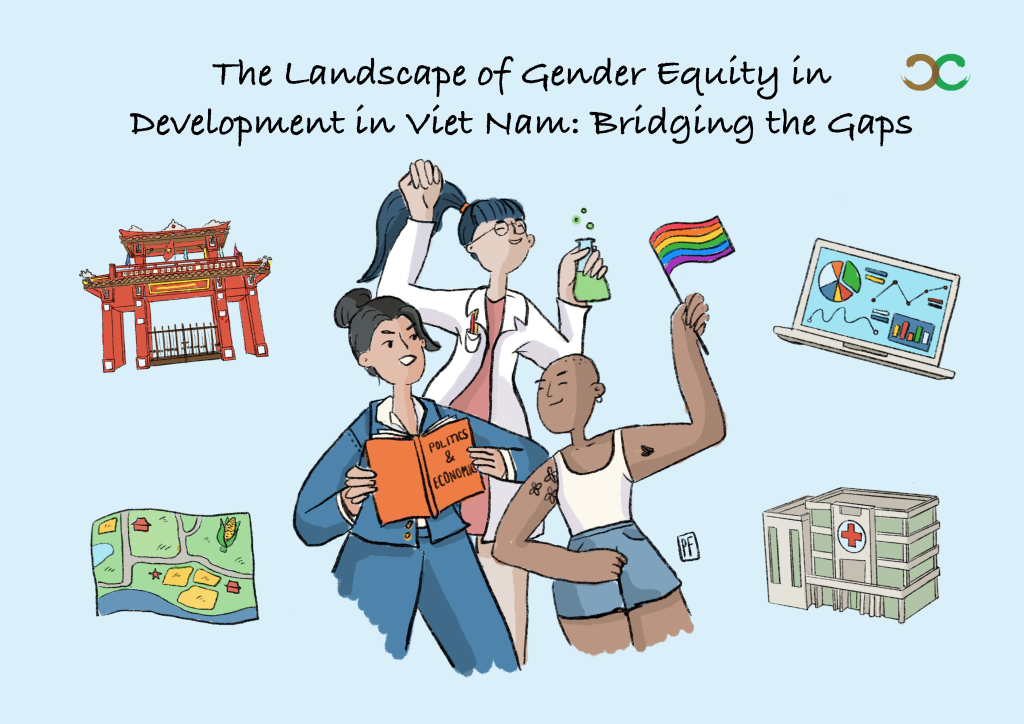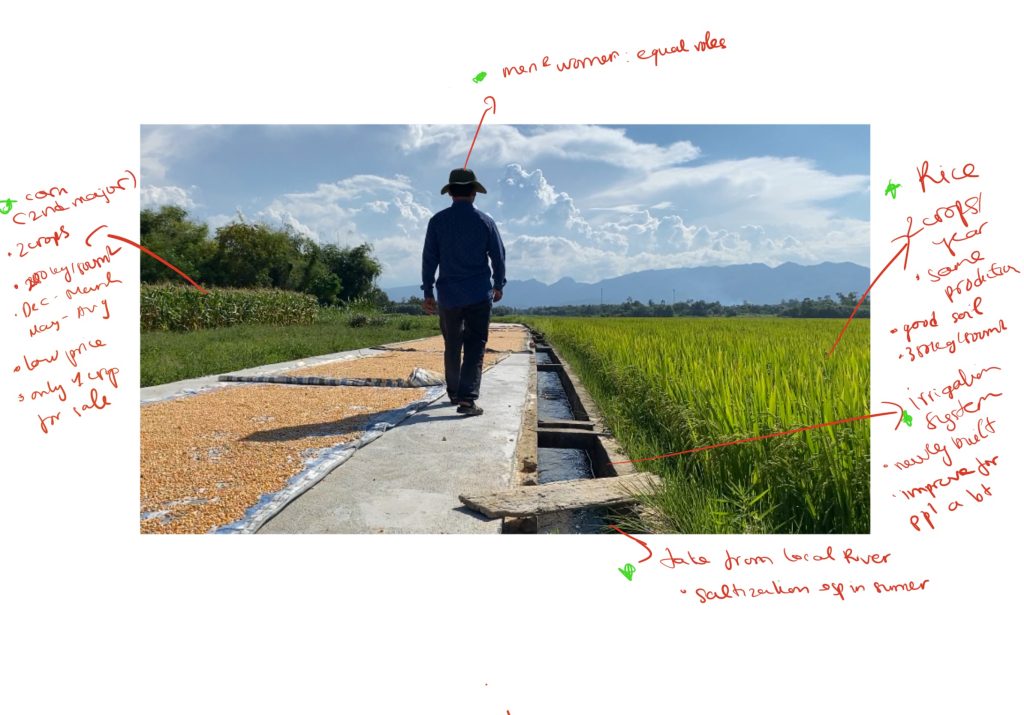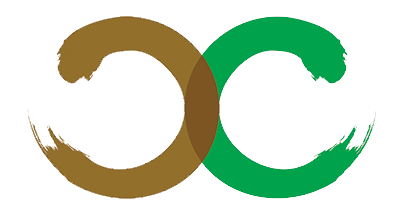Art has long been used as a powerful tool for inspiring social change, engaging communities, and broadening perspectives. As such, integrating creative approaches provides many unique and effective solutions to social studies research and project outcomes.
CKC is proud to be the pioneer in integrating artistic approaches into our development studies and projects through multiple forms, such as drawing, illustrations, music, theatrical plays, and storytelling. Consequently, CKC have amplified connections with communities and received positive feedback for these creative approaches. CKC recognises the many ways art can support us in achieving our goals by:
- Effectively approach and support and thereby create a multi-dimensional perspective in research with special groups of participants who have difficulty expressing language, physical appearance or reading and writing ability.
- Broaden the communications of research results with a large audience regardless of geographic locations, language, disability or literacy barriers…;
- Providing a diverse range of options for engagement through music, paintings, performance, storytelling and more; and
- Serving as a collaboration and communication tool to achieve shared goals with participants through map-making and vision boards.
The possibilities for sustainable and effective outcomes in social development through art are endless, and we look forward to sharing our future art-integrated projects.


(Poppy Fowler)

Gender equity has been identified as a development strategy of Vietnam until 2023 targeting at significant improvement of women’s positions across social, economic and political sectors. Consequently, local organisations have increasing prioritized and integrated gender equity programes in their missions and approaches.
To project an overview on the landscape of practicing gender equality policies and programs at local organisations in Vietnam, CKC conducted a desk research led by Gender Expert – Ms. Poppy Folwer. In this research, the goals and programs of eleven (11) local organisations that service Vietnam across the areas of social development and research with an interest in gender development were analysed against the recommendations of five official reports for closing the gender gap in Vietnam.
Social development organisations in Vietnam are producing many effective and innovative approaches to integrating gender-sensitive development initiatives in their work, and are already addressing many of the report’s recommendations. However, there were still gaps in implementation in the following areas:
- Education: provide comprehensive SRH* education in schools, as well as programs to reduce stigma and gender discrimination in schools to support girls and women to pursue subjects and careers in STEM**.
- Gender data gap: focus initiatives on gender-disaggregated data to be able to better support gender-based program needs and effectively inform policies.
- Health and gender-based violence (GBV): develop awareness raising campaigns for GBV to support survivors. Also involve men in the conversation to help break stigma, and allow women to realise their rights to healthcare.
- Women’s leadership: championing women leaders in the community as role models to encourage greater economic, political, and educational participation by women and girls.
- Intersectionality: develop cross-cutting programs which address several intersecting issues, such as LGBTQ+, health or gender-disaggregated data on women in STEM.
Note:
*SRH: Sexual and Reproductive Health
**STEM: Science, Technology, Engineering, and Mathematics
Writer & Illustrator: Poppy Fowler
Ethnographic fieldnotes are frequently applied for data collection by CKC in social research, particularly in survey activities conducted in Quang Nam province in early August 2024 .
These fieldnotes are recorded flexibly based on the researcher’s preferences and specific conditions. CKC has utilized various methods such as traditional notebooks, technological devices, images, and fieldnote applications.
To rapidly expand observations, adjust and maximize the field information collection process, CKC always performs quick analyses of ethnographic records whenever suitable conditions arise. These analyses often involve identifying keywords and performing thematic analysis.
The flexibility of ethnographic fieldnotes can sometimes lead to confusion for researchers when deciding what to observe and record amidst numerous simultaneous activities. To mitigate this, researchers should prepare with a clear observation and recording plan and focus on building tacit knowledge—knowledge gained from observation and experience that is often unconscious and difficult to articulate. Tacit knowledge has been proven to be crucial for effective field notes.
While ethnographic fieldnote is fundamental in social research, accurately and comprehensively capturing the rich, ever-changing information in real-life conditions requires researchers to undergo a long process of developing and refining their knowledge and skills, as well as staying updated with the latest tools and applications.

(Quyen Mai)
Source:
· Delamomt, Sarah (2019). Ethnographic Fieldnotes: The Foundations of Ethnography, Sage publication.
· Antony, Alexander (2015). “Tacit Knowledge and Analytic Autoethnography: Methodological Reflections on the Sociological Translation of Self-Experience”. Bielefeld: transcript Verlag
